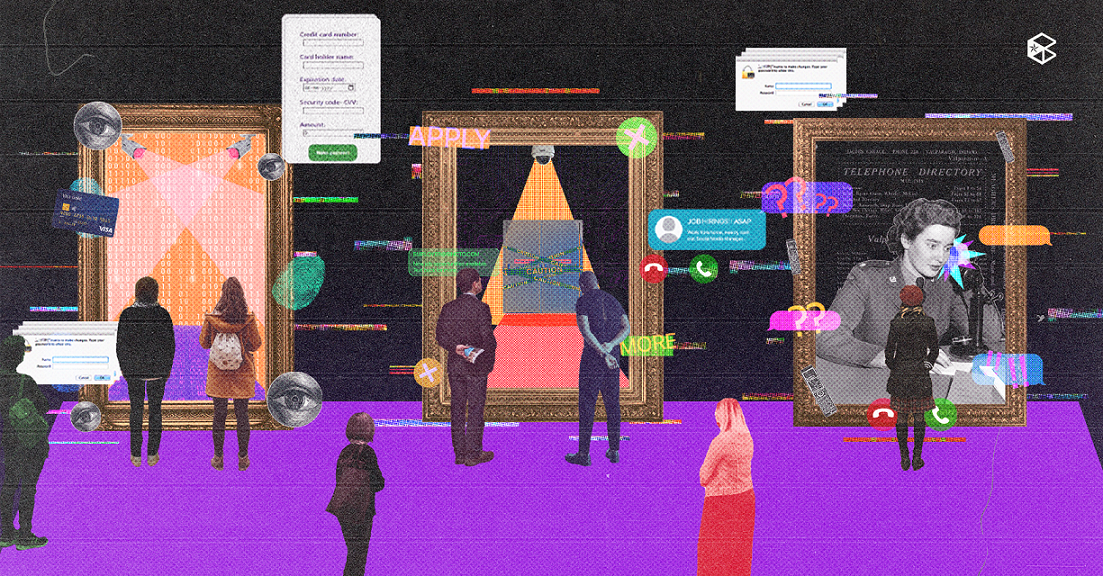As the Philippines ranks second in social media usage worldwide in 2022, with around 92 million active users, research shows that Filipinos are often susceptible to malicious schemes such as fake news, disinformation, and misinformation. This suggests that social media usage does not equate to media literacy.
Kepios, a Singapore-based advisory firm, discovered that the COVID-19 pandemic has led to an increase in social media exposure and engagements. This is due to the addition of about 3.1 million social media users in the Philippines between 2021 to 2022. With the rise of technology making a variety of digital platforms more accessible, the presence of social media presses us to be aware and alert when consuming online content.
Because of the dissemination of fake news, the reputation and validity of online information continues to decline. Based on survey results by the Reuters Institute for the Study of Journalism's Digital News Report 2021, the percentage of Filipinos who trust news from social media decreased from 22% to 20%. Meanwhile, the Ateneo School of Government highlighted that 79% of Filipinos rely on random news exposure merely on their Facebook feed. This spike in media usage gave rise to many instances of both misinformation and disinformation across the web, the difference between the two being that the latter is intentional, and the former is not.
Disinformation is a threat to democracy
While it is apparent that social media plays a prominent role in the modern-day landscape, the recently concluded 2022 Philippine elections have further fortified the flexibility of its use as candidates heavily relied on platforms such as Facebook, Instagram, Twitter, and TikTok as mediums for their campaigns. In an article by Aries Arugay, the writer believes that this has resulted in a new electoral campaign model—one that makes use of social media strategies such as ramping up a certain candidate’s social media presence and manifesting a certain level of connection in order to appeal to younger voters. As the main selling point of social media political advertising is its relatability, it is not far-fetched that future campaigns will be heavy on aligning itself with online trends.
An example of this occurred on May 7, when Twitter troll “@AnalynMuko” posted a malicious photo of a printed flyer disguised as an instructional guide for Ferdinand “Bongbong” Marcos Jr. supporters to follow during voting day. The flyer included two instructions: (1) shade the oval beside Marcos’s name, and (2) cross out Leni Robredo. Although this post was intended to be satire, this could have been used as voter propaganda to spread disinformation that could tamper with the country’s electoral processes.
In another instance back in April 2020, a trend among former president Rodrigo Duterte critics was infiltrating pro-Duterte Facebook groups and posting fake quotes from known people showing their support for the former president. Such posts used templates from famous news-publishing companies such as Inquirer and Rappler, which made them more convincing to the public eye; this, ironically, eventually backfired on its supposed objective. While not everyone was fooled by such attempts to spread fake news, many users seemed to believe this as they showed their support through the comments.
Recent studies show that populations with poor educational systems—such as Ethiopia and Pakistan with a literacy rate of 39% and 54.9%, respectively—are more prone to fake news due to less exposure to trustworthy digital media and a lack of quality education. This stresses that in this day and age, it is imperative that we have the ability to discern a credible source from a false one.
A glimpse of redemption
With Filipinos being one of the most active Facebook populations, Facebook actively combats fake news by working with the Commission on Elections to "connect people with accurate election information.” De La Salle University assistant lecturer in political science, Cleve Arguelles, commented in a GMA News article that "They've really worked hard to dominate these spaces, and they're reaping the benefits of investing early in troll armies and building online communities.”
Philippine-based non-governmental organization Out of The Box is among the many promoters of media literacy through seminars, workshops, and other academic resources. They have partnered with notable news media companies such as CNN and Rappler. Their self-produced learning materials, such as the #MIL4Democracy handbook, has been beneficial in pinpointing the relationship between media and information literacy.
Instilling media literacy among the population is an ongoing battle for this internet-dependent generation. Despite the challenges of misuse and misconduct, it is the role of the government, educational institutions, and various different organizations to educate users on the responsible use of social media.
Purging online spaces ruled by lies and deceit creates a healthier and safer online environment. Social media has the potential to further develop as a powerful tool for digital media engagement once its users learn to utilize social media platforms properly.
Now, more than ever, is the time to turn the tables on social media's fate by advocating the many great advantages of digital technology while championing the truth.


